
The recent killing of a Georgian by Russian troops brought into spotlight Moscow’s policy of encroaching of Georgian land. It was also an attempt to sabotage Tbilisi’s EU integration.

Attacks by pro-Iranian Shiite groups have fueled concerns about an escalation of the war in Gaza. Iran doesn't seem to want a war, but a miscalculation could escalate the situation.
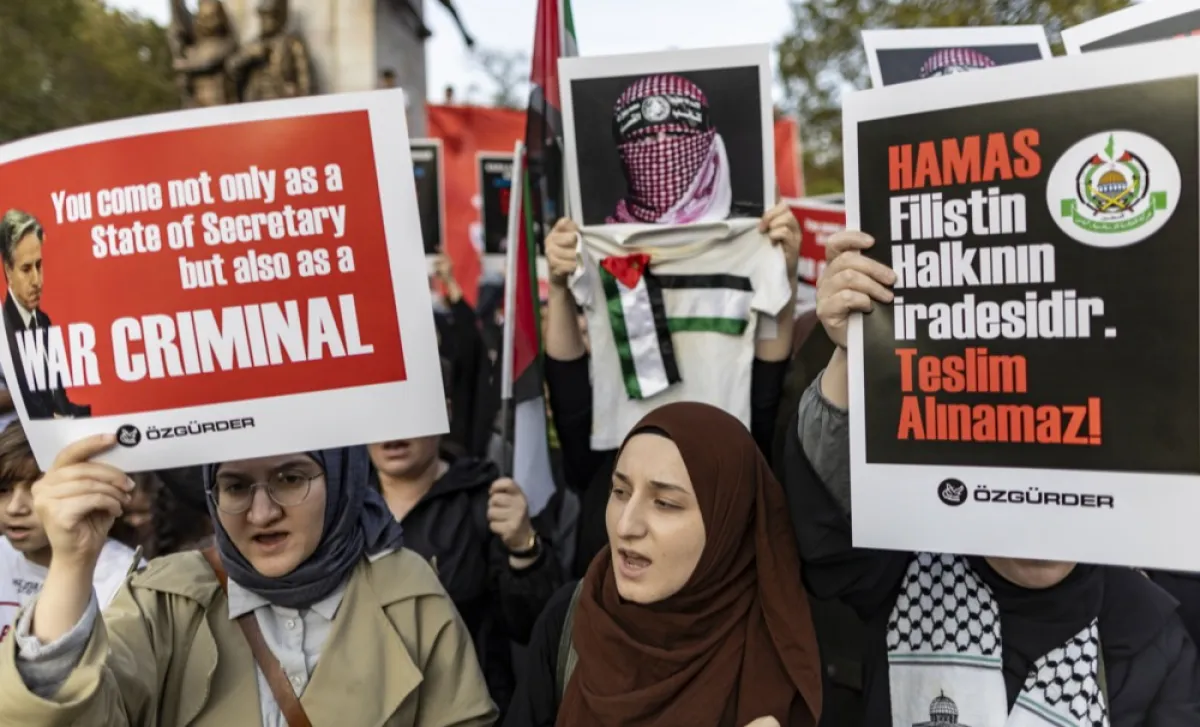
Turkey refused to condemn Hamas’ attack and criticized Israel in hopes of electoral gains for Erdoğan's Islamists. However, Turkey's regional interests will suffer.

The Latvians have been less involved lately in helping Ukrainians, as the war fatigue and domestic economic problems are taking their toll. However, the level of support is still high.

Populist rhetoric defending “economic interests” and the real economic costs undermine the fight against climate change, fueling climate revisionism.
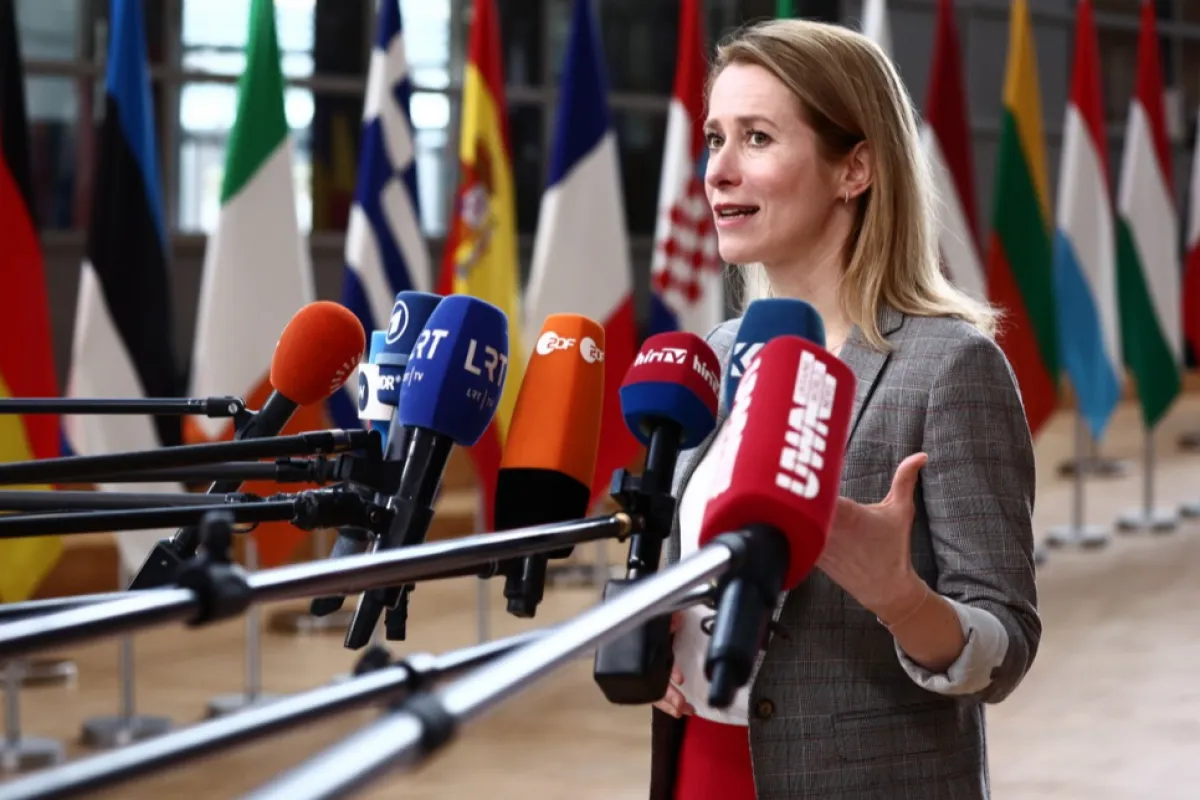
Estonia has pleaded tough sanctions against Russia, and yet Estonian entities and persons – even from the Prime minister’s family – have been breaking some of the existing sanctions.

The dismantling of the Nagorno Karabakh republic was the most important change in the South Caucus since Turkey (re)emerged as a powerhouse there. More changes might follow.

The war pitting Israel against Hamas could produce long-lasting effects, from a resurge of Islamist terrorism and compromising any hope of reconciliation between Israel and Arab countries, to the destabilization of the entire Middle East.
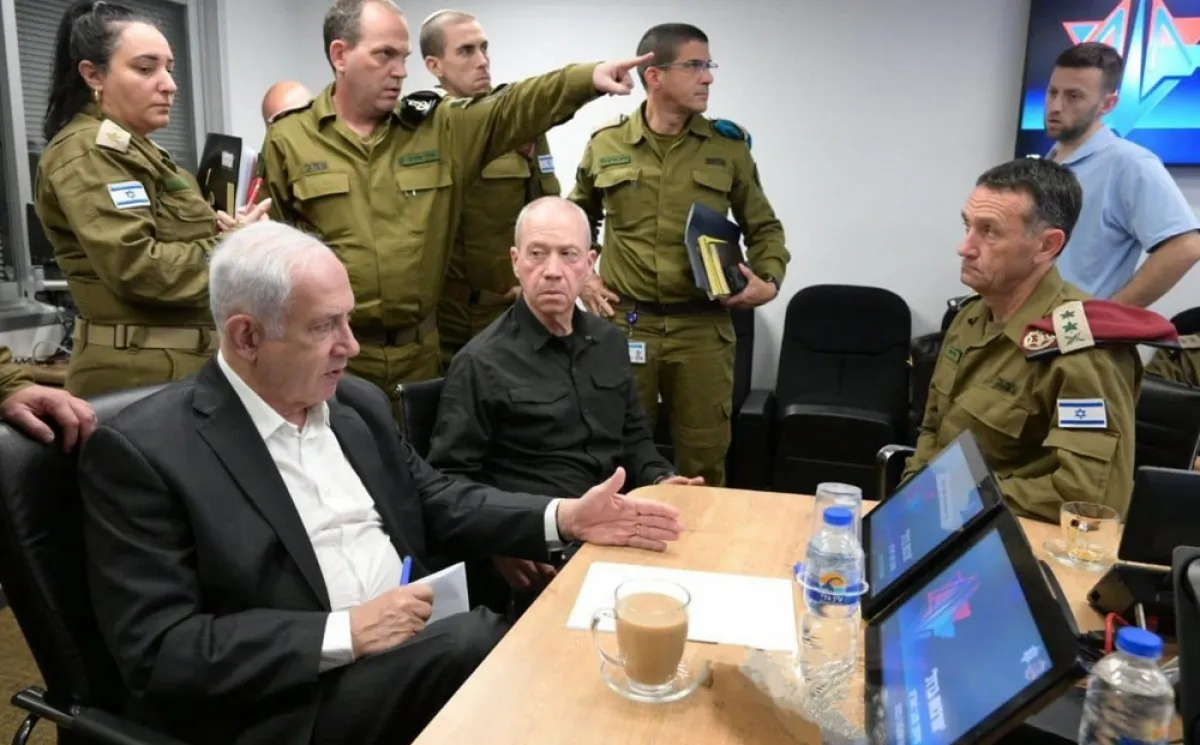
Israelis were shocked that Hamas had organized such a large-scale attack without the security services finding out. Will Netanyahu pay the political price for this failure, or will the formation of an emergency government save him?
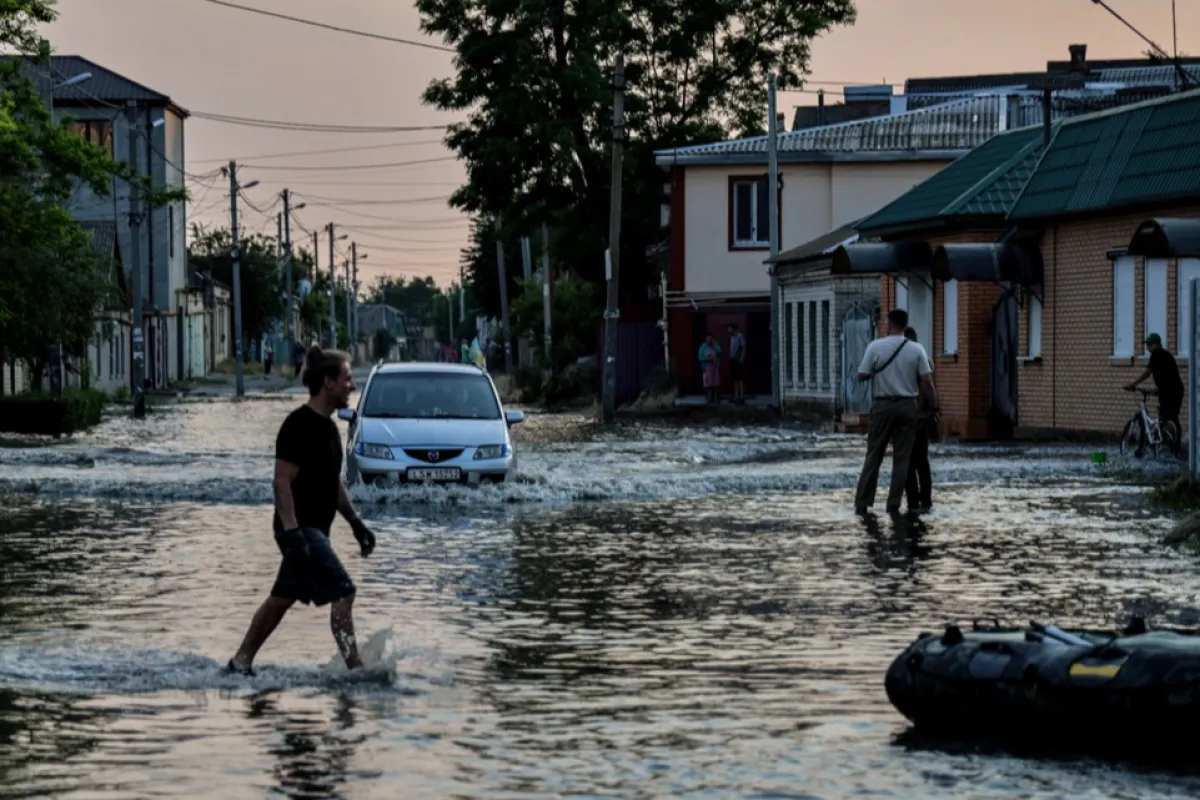
Russia has claimed for years that Ukraine has biological laboratories and says its attack was meant to destroy those labs. The narrative was also included in the disinformation about the destruction of the Nova Kakhovka dam.

The (Pro)Russians claim that Ukraine will cause a nuclear incident. The narrative is meant to undermine support for Kiev and has been promoted in Eastern Europe as well.

As experts warn that Georgia will not be granted EU candidate status this year, authorities allege there was a coup plot and the parliament impeaches the president.

The Baltic States are being targeted by Russian disinformation which is using both narratives launched before the war in Ukraine and newer ones.

A century after its founding, the Turkish Republic is drifting further and further away from the secular values that formed its foundation, while ethno-religious nationalism is gaining ground.

Estonia could become a powerhouse in the strategic rare earth metals industry. Environmental concerns, outside competition, and opposition to mining are threatening that potential.

The protracted war in Ukraine has made Western countries willing to cooperate with Russia increasingly vocal. These countries persevere despite the sanctions, although they face countless other problems.

The first President of the Republic of Moldova, Mircea Snegur, died aged 83. He was praised for his role in achieving the independence, but he was also accused of being Russia’s inside man.

The heat records of 2023 will likely be broken in 2023, when the effects of the El Niño ocean warming phenomenon will be felt in full.
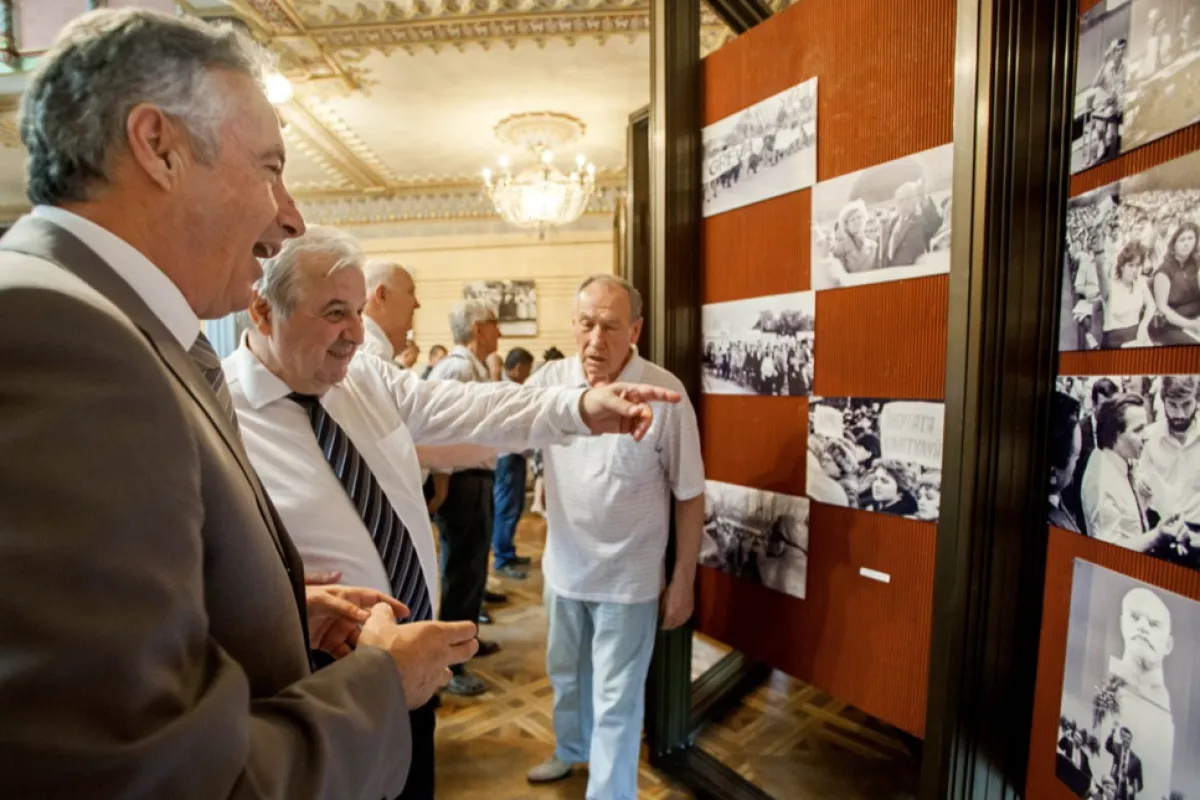
Many Moldovan deputies voted in favor of the independence of the Republic of Moldova out of fear, but they opposed the unification with Romania, although Bucharest would have agreed to this move, says Bessarabian academician Valeriu Matei.

Georgia is increasingly economically dependent on Russia, which generates security risks for Tbilisi. There are also concerns that Moscow is circumventing Western sanctions through Georgia.

Estonia has one of the world’s best education systems but it’s only for Estonian speakers. There’s a parallel system for Russian speakers, which authorities now want to eliminate.
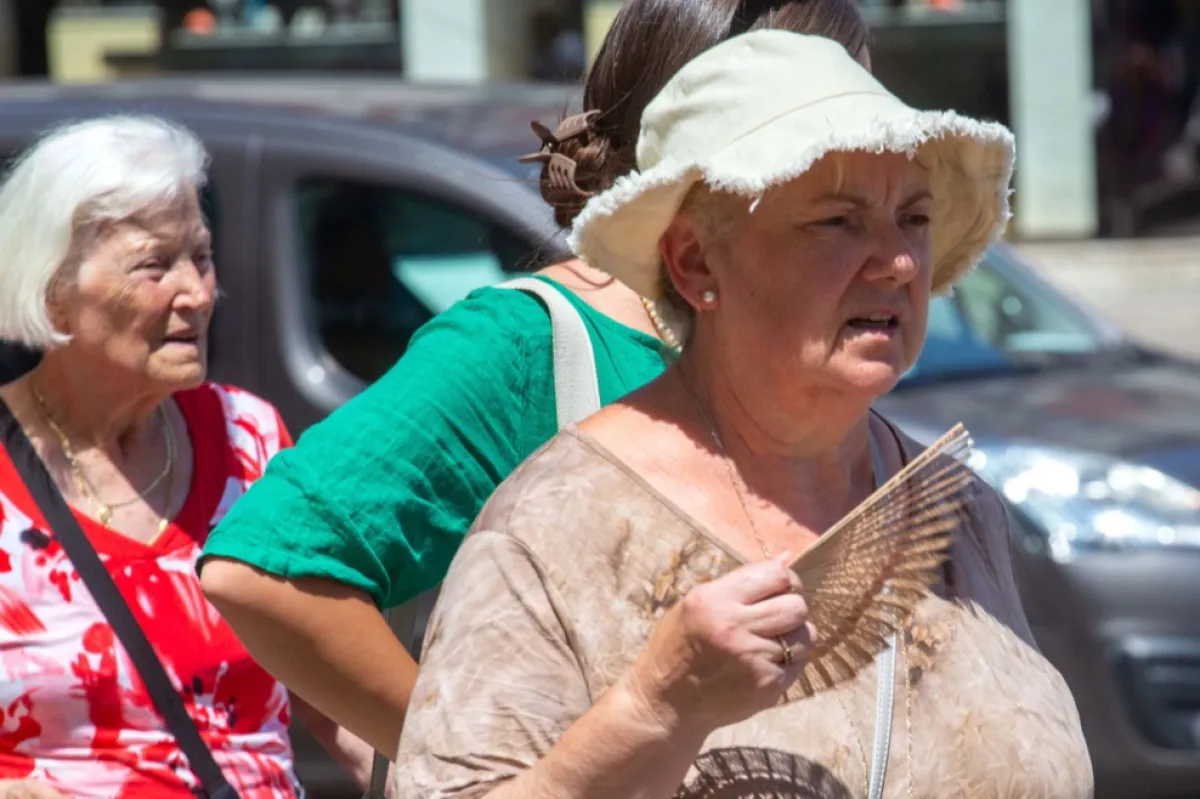
The record-high temperatures suggest global warming has picked up speed. It could be stopped by curtailing emissions, although other solutions are needed to cool down the Earth.
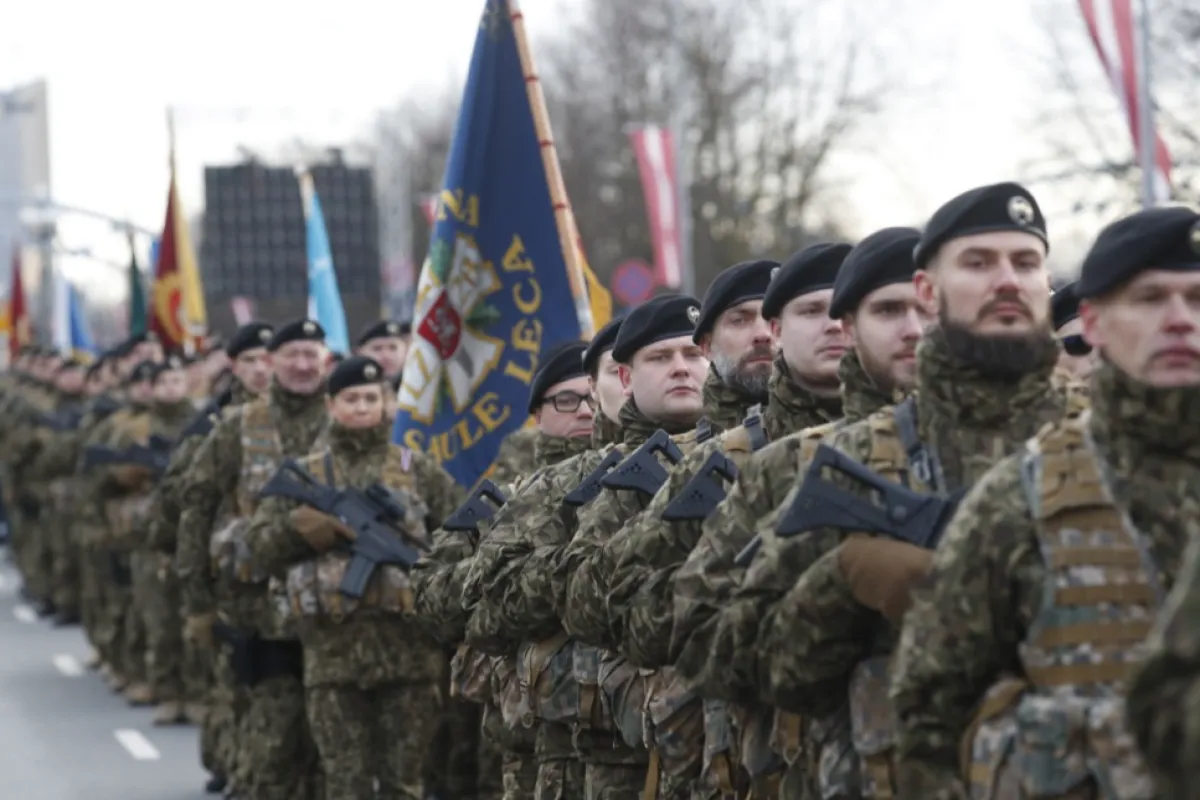
Latvia is making participation in the state defense service (SDS) mandatory, as part of a larger drive to strenghten its security.

After winning the election, president Erdoğan announced Turkey will stop vetoing Sweden’s NATO accession bid. What prompted this 180-degree shift and what did Turkey get in return?

After earlier this summer, the federal government of Germany presented its new security strategy, Olaf Scholz’s Cabinet has now released a national strategy on China, which marks a new first for Berlin.

Once a major Soviet industrial center, Ida-Viruuma comes back to life, due to the European funds.

The Republic of Moldova remains the target of Moscow’s active measures. Certain pro-Russian politicians in Chișinău with good chances of securing high office are being counselled by the FSB.

Putin’s regime, threatened by pro-war extremists and domestic squabbles

Latvia’s unfinished border fence came into focus following Wagner’s rebellion in Russia and its alleged move to Belarus. Experts warn that security requires more than a fence.

Volodymyr Zelsnky visit to Sofia may be a boost for the pro-Western ruling coalition.

The Georgian Dream proposes an anti-oligarch law to unblock Georgia's path to the EU. The law protects Bidzina Ivanishvili and was criticized by the Venice Commission.

The Wagner revolt came as a confirmation of the fact that Moldova must distance itself from the Eurasian space, officials in Chisinau believe. The Wagner mercenaries were also involved in an attempt to destabilize Moldova.